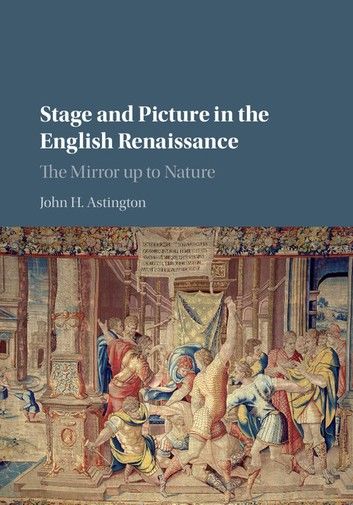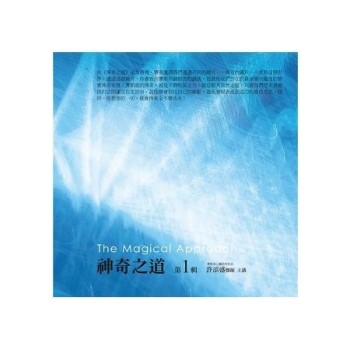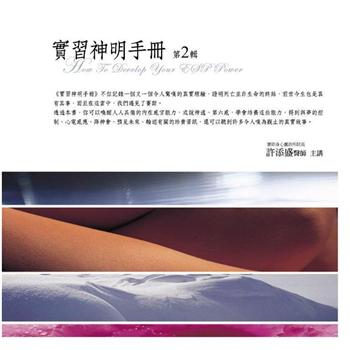| FindBook |
有 1 項符合
Stage and Picture in the English Renaissance的圖書 |
 |
Stage and Picture in the English Renaissance 作者:John H. Astington 出版社:Cambridge University Press 出版日期:2017-05-18 語言:英文 |
| 圖書館借閱 |
| 國家圖書館 | 全國圖書書目資訊網 | 國立公共資訊圖書館 | 電子書服務平台 | MetaCat 跨館整合查詢 |
| 臺北市立圖書館 | 新北市立圖書館 | 基隆市公共圖書館 | 桃園市立圖書館 | 新竹縣公共圖書館 |
| 苗栗縣立圖書館 | 臺中市立圖書館 | 彰化縣公共圖書館 | 南投縣文化局 | 雲林縣公共圖書館 |
| 嘉義縣圖書館 | 臺南市立圖書館 | 高雄市立圖書館 | 屏東縣公共圖書館 | 宜蘭縣公共圖書館 |
| 花蓮縣文化局 | 臺東縣文化處 |
|
|
This book presents a new approach to the relationship between traditional pictorial arts and the theatre in Renaissance England. Demonstrating the range of visual culture in evidence from the mid-sixteenth to mid-seventeenth century, from the grandeur of court murals to the cheap amusement of woodcut prints, John H. Astington shows how English drama drew heavily on this imagery to stimulate the imagination of the audience. He analyses the intersection of the theatrical and the visual through such topics as Shakespeare's Roman plays and the contemporary interest in Roman architecture and sculpture; the central myth of Troy and its widely recognised iconography; scriptural drama and biblical illustration; and the emblem of the theatre itself. The book demonstrates how the art that surrounded Shakespeare and his contemporaries had a profound influence on the ways in which theatre was produced and received.
|










